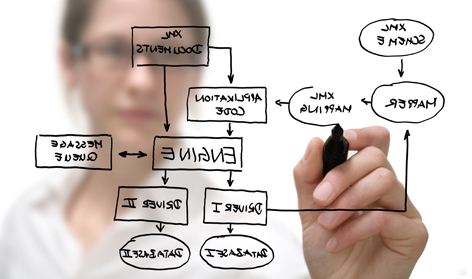-
Chapters from the paperback
- Introduction
- Ecocriticism
- Optimisation
- Grounded Economic Awareness
- Advertising Awareness
- Transition Skills
- Commons Thinking
- Effortless Action
- Permaculture Design
- Community Gardening
- Ecological Intelligence
- Systems Thinking
- Gaia Awareness
- Futures Thinking
- Values Reflection and the Earth Charter
- Social Conscience
- New Media Literacy
- Cultural Literacy
- Carbon Capability
- Greening Business
- Materials Awareness
- Appropriate Technology and Appropriate Design
- Technology Appraisal
- Complexity, Systems Thinking and Practice
- Coping with Complexity
- Emotional Wellbeing
- Finding Meaning Without Consuming
- Being in the World
- Beauty as a Way of Knowing
- Citizen Engagement
- Re-Educating the Person
- Institutional Transformation
- A Learning Society
- Additional chapters
- Interviews
Home » The Handbook of Sustainability Literacy » Chapters from the paperback » Ecological Intelligence
Ecological Intelligence
Ecological Intelligence: viewing the world relationally. Stephen Sterling, Schumacher Reader in Education for Sustainability
____________________
If we want the chance of a sustainable future, we need to think relationally. That’s it, full stop. No need to write any more...or there wouldn’t be, if it was that obvious. It’s because we don’t think in a relational way that we need to explore why we don’t, how we can, and what it means. The world is increasingly complex, interdependent and unsustainable, yet conversely, the way we perceive, think, and educate tends to be fragmentary and limited, and we tend to live ‘like there’s no tomorrow’. Addressing this mismatch requires developing competencies in systems thinking, critical thinking and creative thinking, but it requires something more fundamental and challenging besides: no less than our becoming ‘conscious agents of cultural evolution’ (Gardner 2001: 206) towards a more ecological culture and participative worldview, consistent with and able to address the highly interconnected and endangered world we have created.



